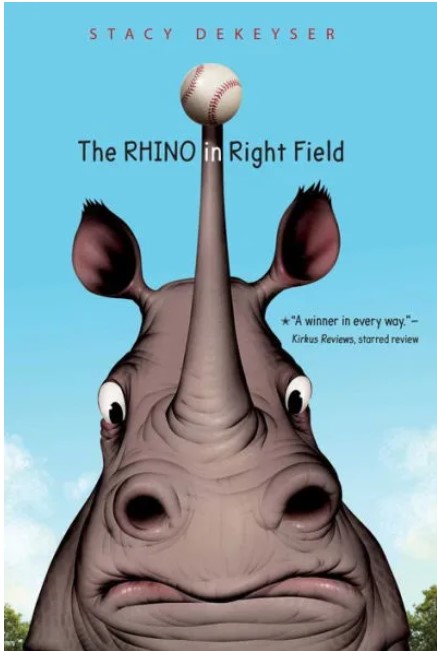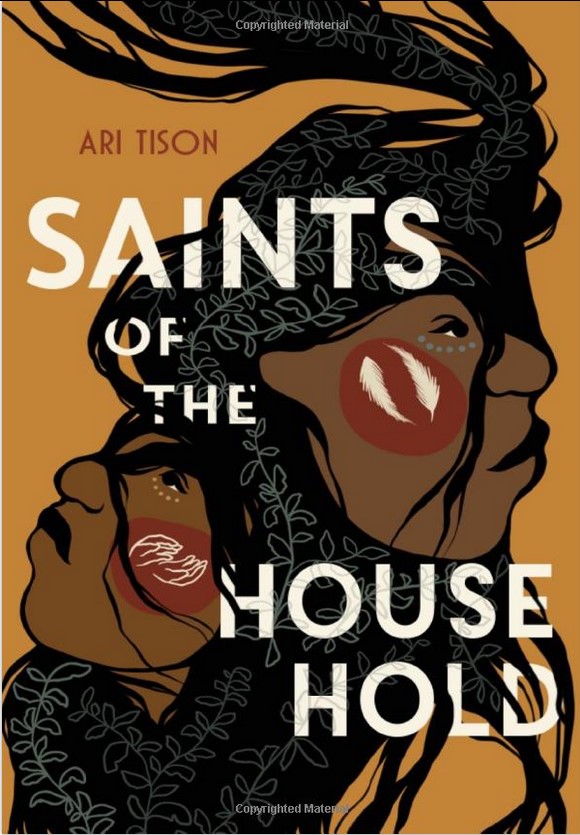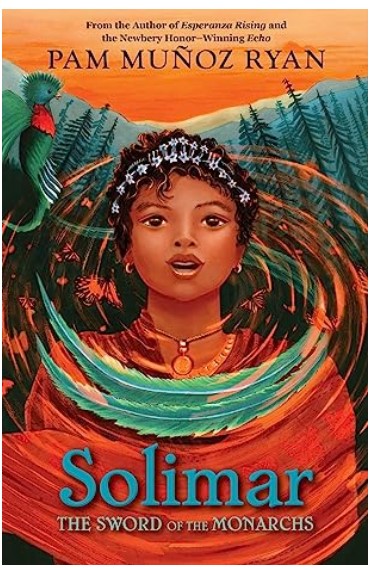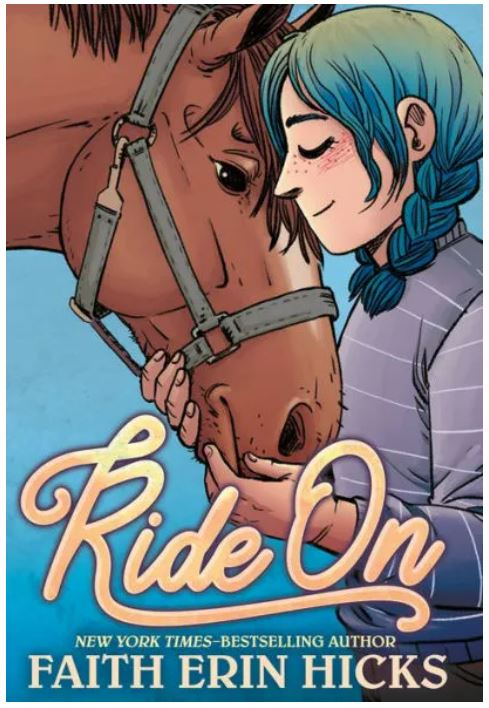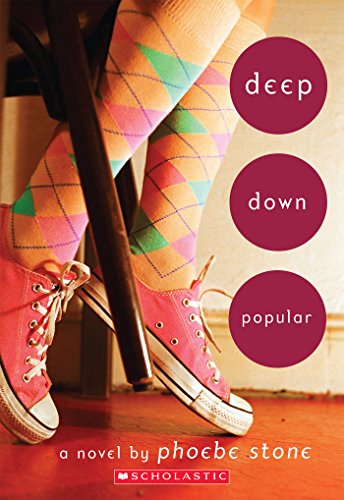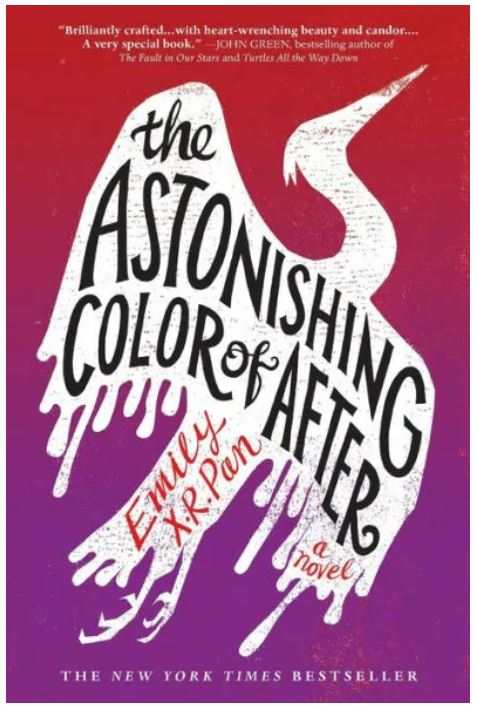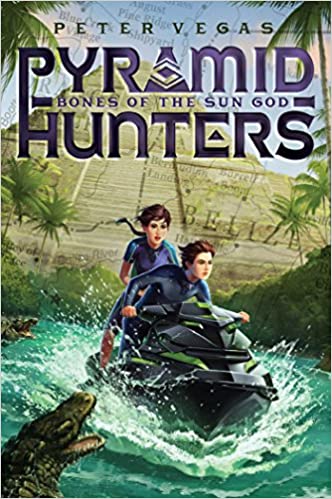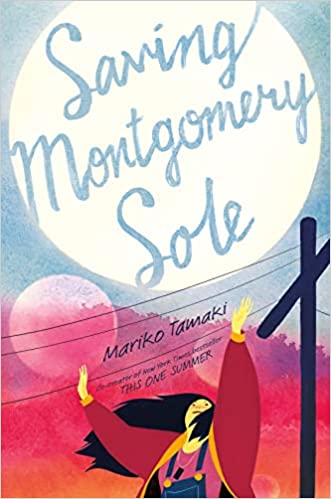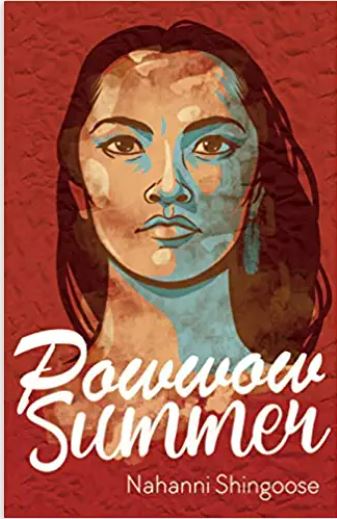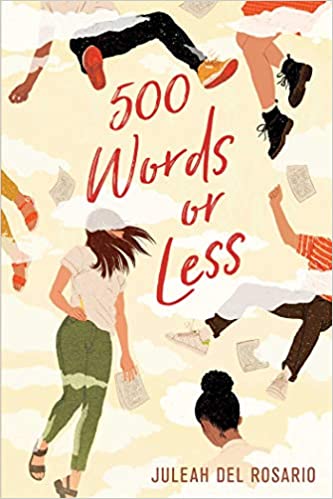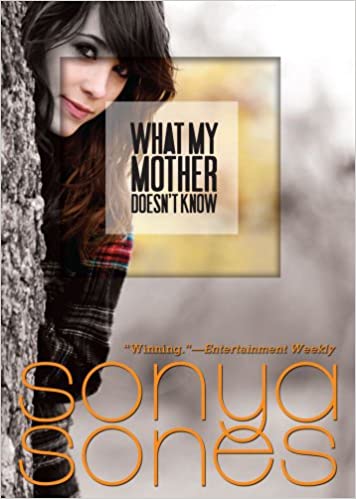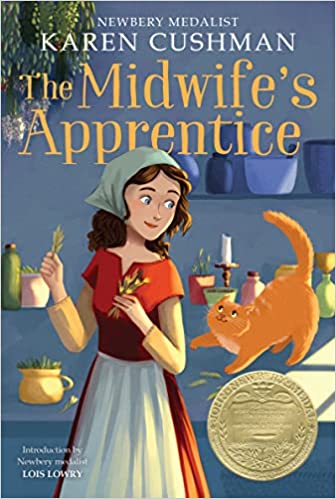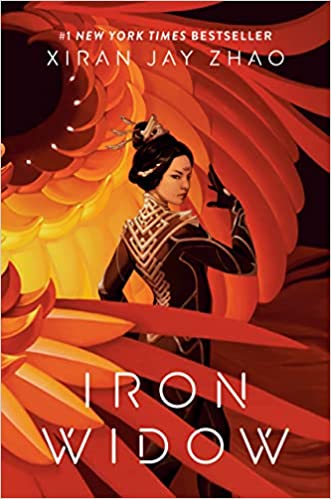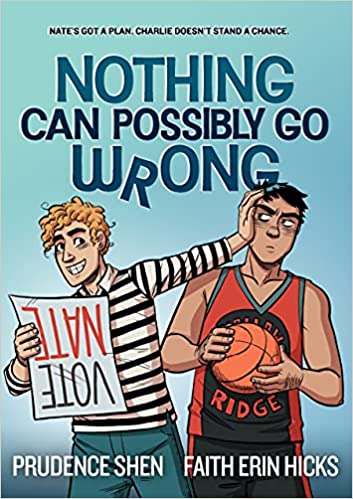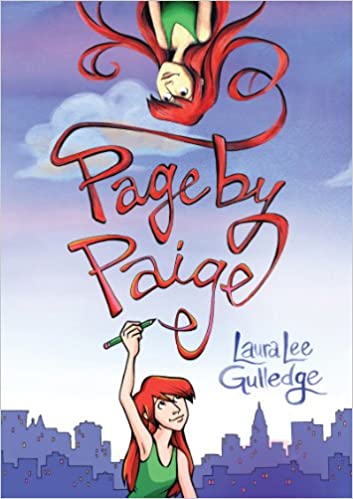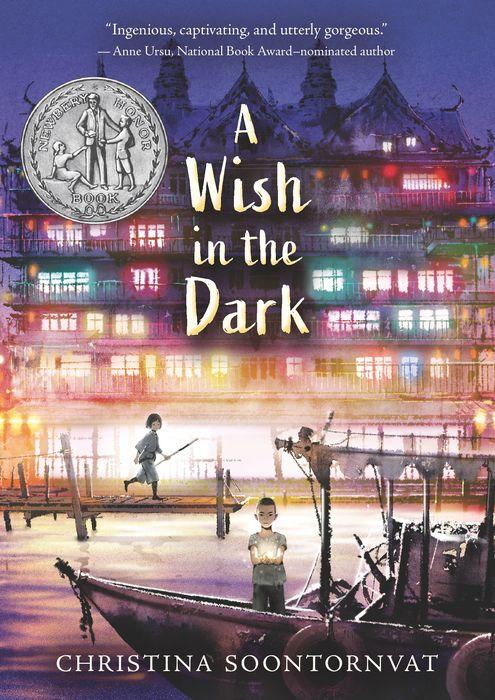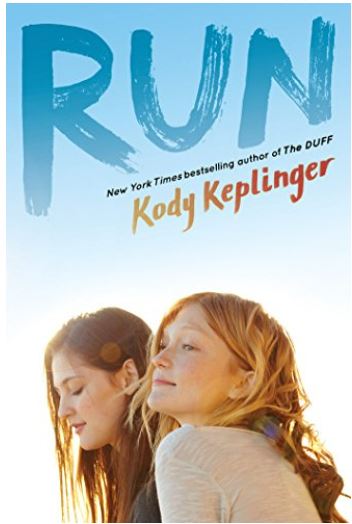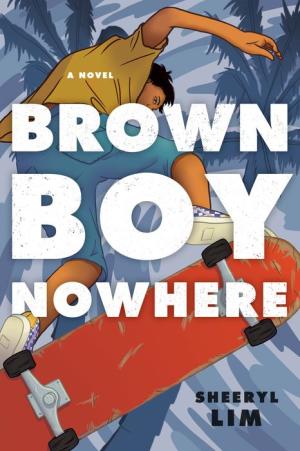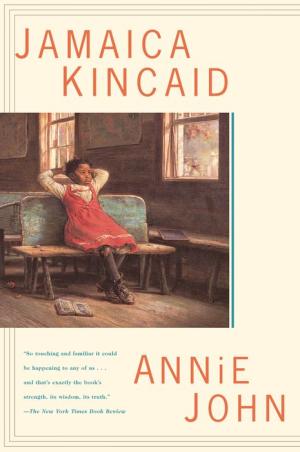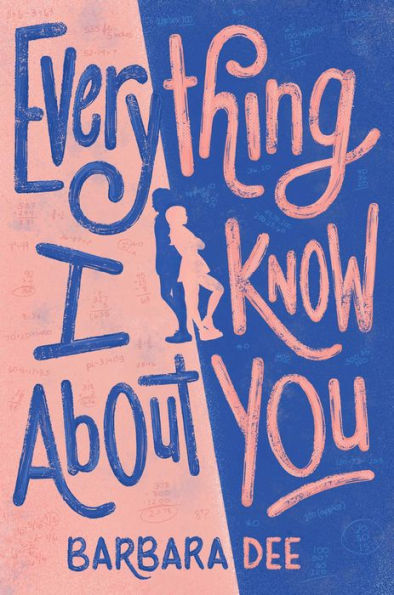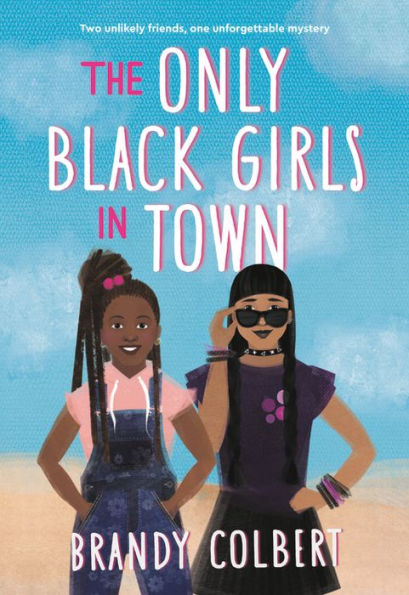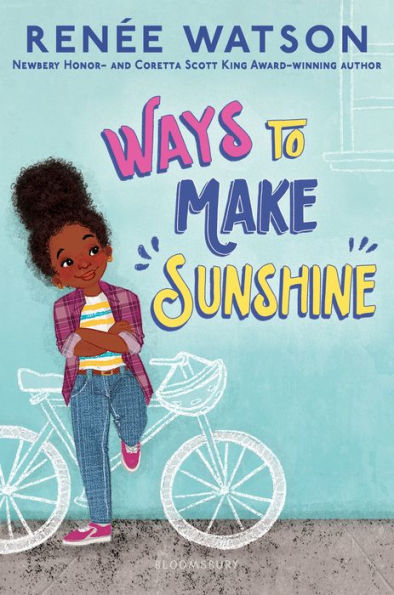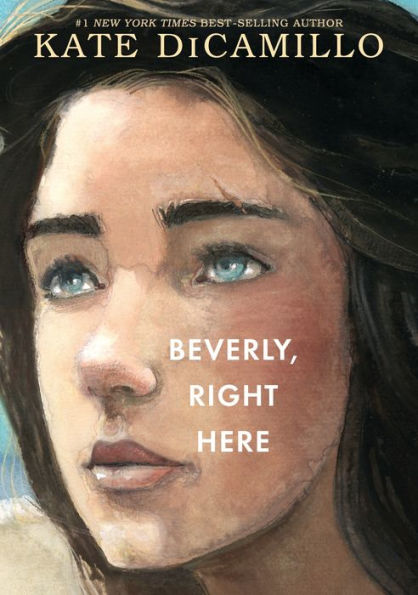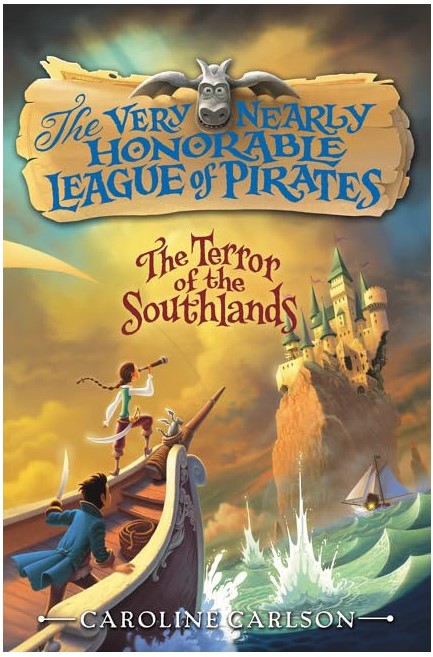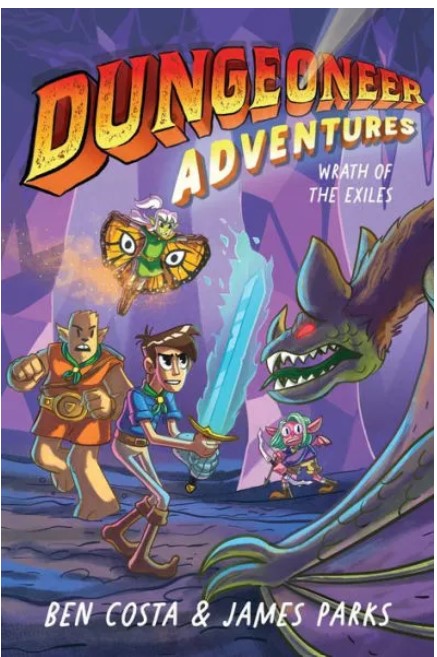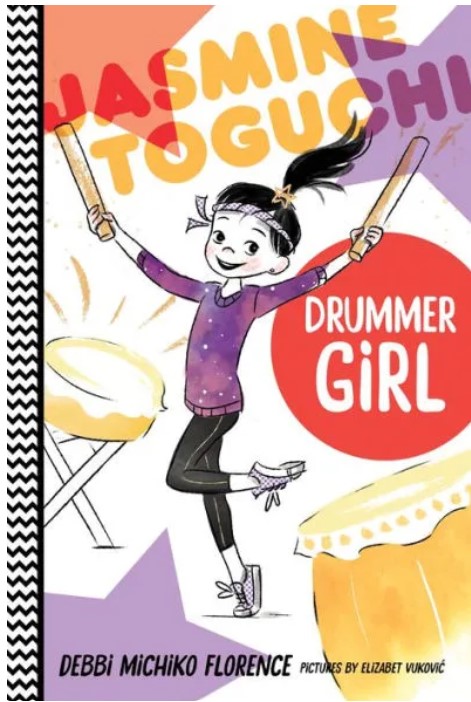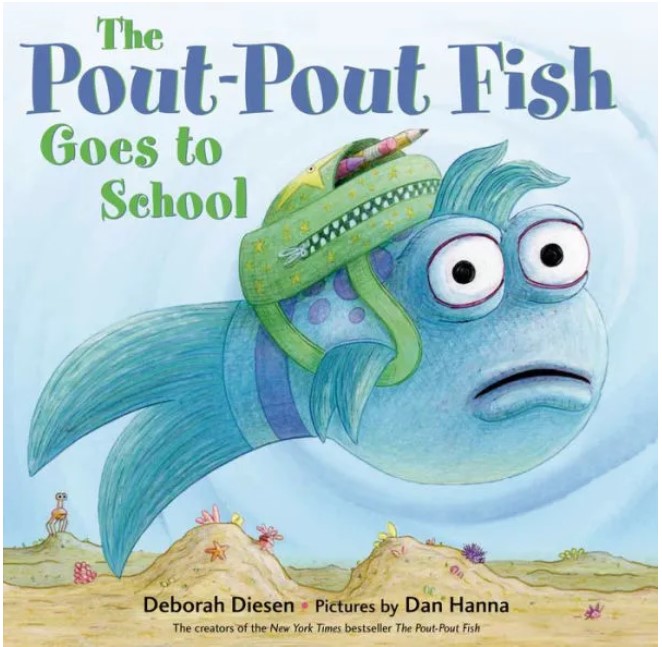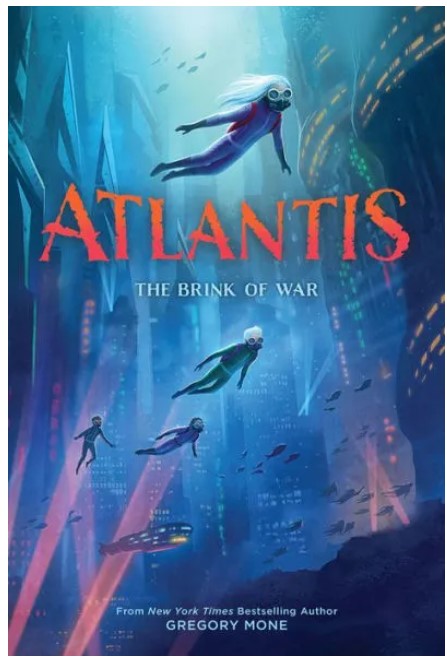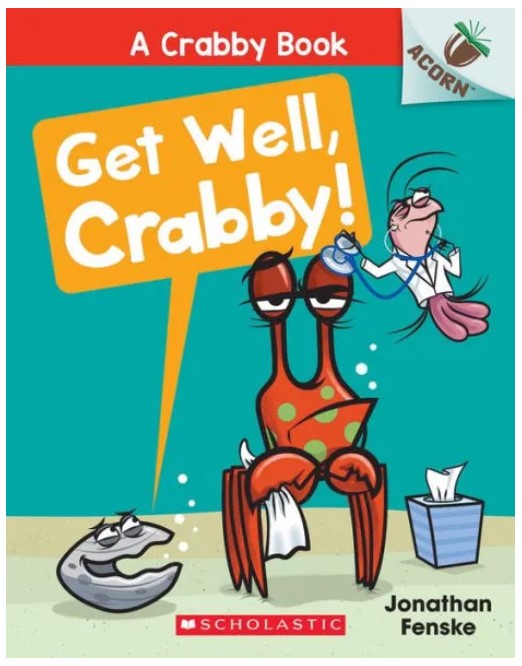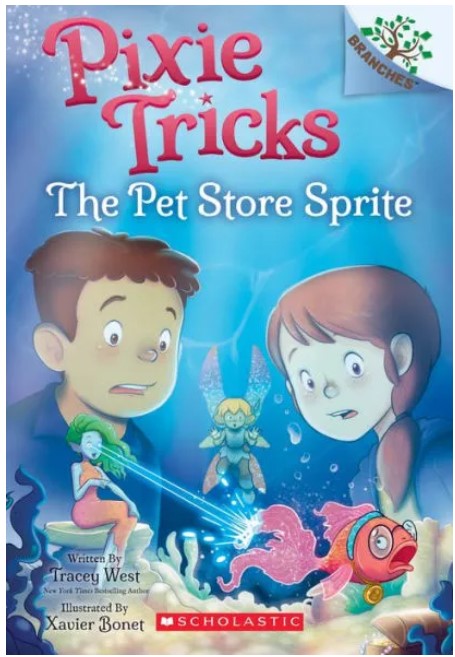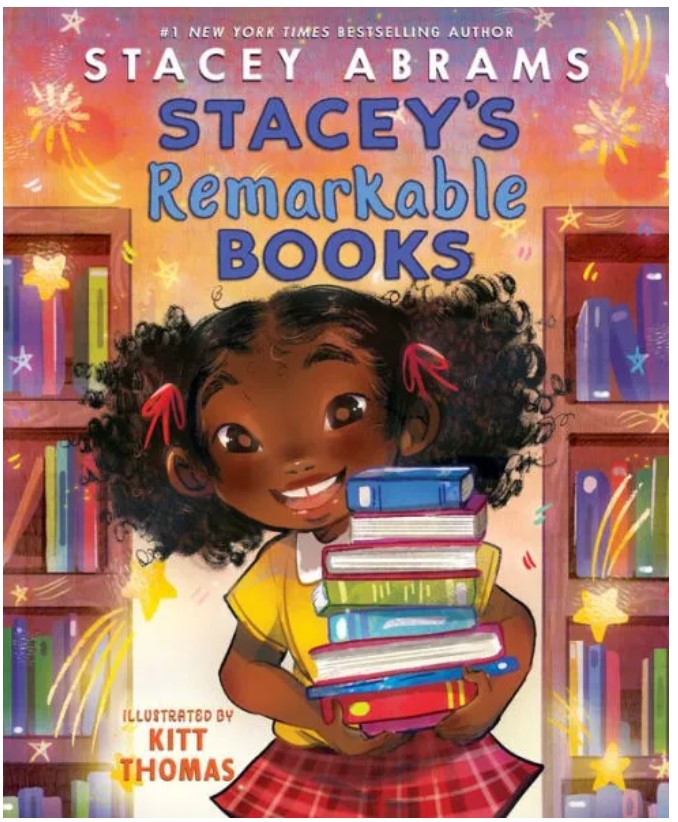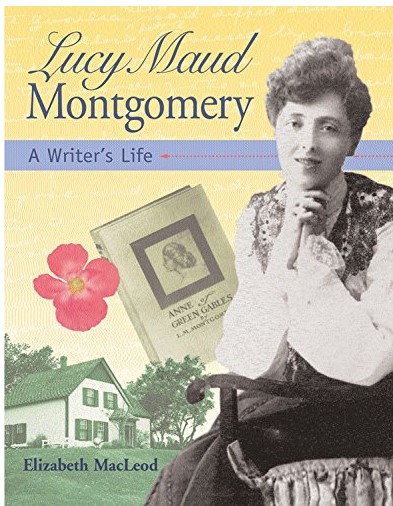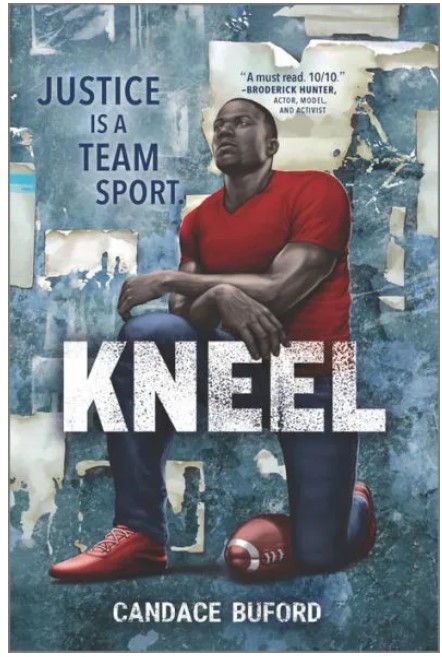After her mother died of suicide, Leigh Chen Sanders is only sure of one thing—when her mother died, she turned into a large, beautiful, red bird.
Days after her mother dies, Leigh feels “colorless, translucent . . . [like] a jellyfish caught up in a tide, forced to go wherever the ocean willed.” She begins sleeping on the downstairs sofa, farthest away from where her mother died. The night before the funeral, Leigh hears a “sharp rap on the front door.” She is greeted by a “red-crowned crane . . . with a long feathery tail” where “every feather [is] a different shade of red, sharp and gleaming.” “Leigh,” the bird cries out, in the voice of her mother. Suddenly, the bird flies away and all Leigh is left with is “a single scarlet feather.”
Leigh tries to explain to her father what she has seen, but he is dismissive of her. After the bird delivers a package and note from Leigh’s maternal grandparents, asking Leigh to visit them in Taiwan, he still doesn’t fully believe her. Eventually, after Leigh’s father is visited by a strange wind and even stranger red feathers, he finally books himself and Leigh two plane tickets to Taiwan.
In Taiwan, Leigh meets her maternal grandparents for the first time. It’s awkward because even though she is half Taiwanese, Leigh does not speak Mandarin Chinese and knows very little about her grandparents. To make matters worse, after an argument with Leigh’s grandparents, her father decides to leave for Hong Kong, leaving Leigh alone with them.
But Leigh decides to take advantage of being in Taiwan. She is determined to find her mother—as the bird—and search for answers about her mother’s death. She asks her grandmother and her grandmother’s friend, Feng, to take her to every place her mother loved, in the hopes of finding traces of her mother and of the bird. On Leigh’s journey, she finds a box of incense. Every time Leigh lights one of the sticks of incense, she is brought through space and time into memories of the past—some are her own memories, but others are her mother’s and grandmother’s memories. As Leigh enters each memory, she learns more about her family history and their secrets, including memories about an aunt that Leigh never knew she had, and memories about her mother’s illness and the pain she went through. Through her search for her mother, Leigh connects with her grandparents and eventually finds comfort in their support and love.
As she grieves, Leigh also comes to terms with her mother’s suicide. While her mother was taking her own life, Leigh was kissing her long-time best friend, Axel. In a way, she not only feels responsible for her mother’s death but also for ruining her friendship with Axel. As Leigh travels through time and memory, she also traces her friendship with Axel, wondering where they went wrong and why their friendship was “crumbling.”
The Astonishing Color of After is a story about loss and grief, but also about love and growing up. In the end, Leigh never truly catches her mother, the bird. Yet as Leigh is grieving, she learns to remember her mother during both her illness and during the happy moments. Leigh realizes that catching the bird will not fix the pain she feels. She learns to accept that, when grieving, it will hurt for a long time.
Since The Astonishing Color of After deals with difficult topics of suicide, depression, and mental health, it is better suited for a high school audience. Leigh explains, “[My mother’s] illness was something I’d been afraid to look at head-on . . . There was also the fiery, lit-up version of my mother. How could a person like her be depressed?” Leigh discusses the stereotypical image she had of a depressed person, that made her “think of this group of kids at school who wore all black and thick eyeliner and listened to angry music and never showed their teeth.” Leigh comes to understand that depression is a disease, and her mother’s illness did not have a singular cause, that no one is to blame for her suicide. Leigh learns, “We can’t change anything about the past. We can only remember. We can only move forward.”
Overall, The Astonishing Color of After is a fantastic book. Though it deals with serious issues, it also works to break down barriers surrounding mental health. Leigh is a great leading character who is a flawed, complex person, who struggles to understand the world around her. But she is also incredibly strong and brave as she works through grief and tragedy. She shows readers that even in one’s darkest times there is hope, not necessarily for things to return to normal, but to move forward. With beautiful prose, terrific characters, and great use of magical realism, The Astonishing Color of After is a must-read.
Sexual Content
- Axel, Leigh’s long-time crush and best friend, kisses her. “Instead of bursting into sparks, my body froze.” Then, “Axel’s hands stretched around my back and unlocked me. I was melting, he had released my windup key, and I was kissing back hard, and our lips were everywhere and my body was fluorescent orange – no, royal purple – no. My body was every color in the world, alight.”
- Caro, Leigh’s good friend, complains to Leigh about her family’s snowboarding trip. Caro exclaims “My grandparents were killing me . . . half the time they sat in the lodge making out.”
- Leigh and Axel join Caro and her girlfriend Cheslin at a photo shoot. “At one point, Cheslin began to shed her clothes. Off came the shorts, the tank. She unhooked her bra–.” While Axel and Leigh are slightly bothered by her actions, Cheslin shrugs saying, “It is, after all, just a body.” Eventually, Axel and Leigh walk away from the photo shoot. They comment on Caro and Cheslin’s intimacy, saying “It was almost like we were watching them have sex or something.”
- After almost seeing Axel naked, Leigh is flustered. Thinking about that specific memory, Leigh explains, “My right hand ended up down between my legs and I wondered about sex. I thought of all the skin you saw in R-rated movies and the way bare limbs just slid together like they were made to be entwined. I thought of Axel, imagined us sitting on his couch and taking off our clothes.”
- During a school dance, Leigh is talking to a senior. He asked her if she had “ever been kissed” and she replied no. He then leans in and Leigh thinks, “I knew what was coming. His face loomed close, his lips first finding the edges of mine before sliding in toward the center. He was eager with his tongue, and he didn’t taste great.” When he leaned in again, Leigh “moved aside before he could make contact,” and walked quickly away.
- When Leigh asks Caro how her relationship is going, Caro confides in her that she and Cheslin have “decided [they’re] ready to . . . y’know. Go all the way.”
- After Axel and Leigh discuss their feelings for each other, Leigh does “possibly the bravest thing I’ve ever done: I close the space between us and kiss him hard. He’s surprised for only a fraction of a second. Then my hands are at his face, peeling his glasses up over his head and tossing them on my nightstand. My body, drawing him down onto the bed. His lips, between my teeth. Our legs, sliding against each other.”
Violence
- The premise of this book surrounds the topic of suicide, as Leigh’s mother kills herself. The act is not described in great detail, as Leigh “never saw the body up close.” She explains, “All I could see were my mother’s legs on the floor” and a large pool of blood.
- Suicidal thoughts are briefly mentioned. In a memory, Leigh sees her mother “rising from her bed in the middle of the night. She walks quietly, slowly avoiding the creaks in the floor. Down in the garage, she slides into the sedan and sits in the driver’s seat, car keys biting into her palm. She’s thinking. Debating. If she turns on the car. If she doesn’t open the garage door. If no one in the house wakes, and she falls asleep at the wheel. The vehicle doesn’t even have to move. She could sleep forever.”
Drugs and Alcohol
- Before she dies, Leigh’s mother takes “a bottle of sleeping pills.”
- When searching for a note left by her mom, Leigh and her father find “a pile of capsules. . . Mom’s antidepressants” in the garbage; they hadn’t been taken in weeks.
- Leigh’s mom was taking medicine for her depression and Leigh often sees her mom with a yellow pill bottle next to her. At one point, Leigh’s dad explains her mom has “tried so many medications. They work well for a lot of people, but they haven’t really worked on her.”
- In a memory, Leigh sees her mother “in the basement, holding a bottle of OxyContin and a jug of bleach. She heard once that it takes ten seconds for something swallowed to reach the stomach.” Before Leigh can see more, the memory moves on.
- During a school dance, Leigh goes outside for air and sees a senior. He reached into his jacket pocket and pulled out a steel flask, “unscrewed the top and took a swig.” He offers some to Leigh, but she declines.
Language
- Profanity is used sparingly. Profanity includes goddamn, shit, and bullshit.
Supernatural
- One visit, the bird delivers a box, saying “The box is from your grandparents . . . bring it with you.” The box contains “yellowed letters, neat in a bundle. A stack of worn photographs, most of them black-and-white . . . [and] an intricately carved [jade] cicada” necklace, the necklace Leigh’s “mother wore every single day of her life.” Later, Leigh finds out her “grandparents put this package together [and] they burned it. . . They burned it so that your mother could have these with her on her next journey.”
- One night “some strange, unexplainable compulsion makes” Leigh “roll out of bed and walk over to the dresser.” She finds “a curved Winsor red feather. And a slim, rectangular box [she’s] never seen.” Inside are “long sticks smelling of smoke and wreckage and used-up matches . . . incense.” Holding them, Leigh explains, “It’s strangely hot, like it’s been warming in the sun. And then: the whispering. The tiniest, most hushed of voices. It’s coming from the incense.” When lit, “the smoke that rises is inky black, drawing lines through the air . . . The smoke fills the room, until there’s only black.” By lighting each incense stick, Leigh is brought back in time, visiting memories.
- One night, as Leigh tries to fall asleep, she begins to see odd things. Leigh explains, “It happens in a flash, in a blink: My eyes close, and when they open again, the room is bright as day, the ceiling so white it’s glowing—except for the inky cracks branching off in all different directions about me. . . The in-between lines so thin, so black – like there’s nothing beyond that layer of ceiling but a gravity-defying abyss.” In the subsequent days, Leigh notices that the cracks on her ceiling are “widening, spreading farther. They’ve stretched across the entire surface and begun fissuring down the walls. An entire corner’s missing, like someone just took out a chunk of it. There’s nothing to be seen there, only oblivion made of the blackest black.”
- As Leigh wonders if her mother is a bird, something happens. “It’s as if my thoughts summon some kind of magic. The colors of my room begin to deepen their hues, like flowers blossoming. Crimson in the corners. Cerulean along the southern crack. Indigo by the window. Bioluminescent green tracing the creases of the wall closest to the bed. The things that are already black somehow take on a truer shade, pitch dark and empty.”
- At a restaurant with her grandmother, Leigh finds a note stuck to the bottom of a dish, it has a few lines of an Emily Dickinson poem on it. Fred, who is helping Leigh, explains “This came from a ghost.” He sends the note back by burning it. Fred tells Leigh that this poem was burned for the wedding. Leigh questions him asking “what wedding?” Fred replies, “When I married the ghost of Chen Jingling. ” Chen Jingling is Leigh’s aunt. Fred married her aunt because Leigh’s grandparents were “grieving. So they could have peaceful hearts if they know their daughter has a husband.” He continues, “It’s like a normal wedding, but they made, like, a doll for her. Using bamboo and paper. She wears real clothing and jewelry. And afterward, everything was burned. We send it all to the spirit world.” Leigh asks Fred if he’s ever seen her ghost or spirit. Fred responds, “I see and hear and feel enough to know she is there.”
- Fred explains that in Jilong, during Ghost Month, the Ghost Festival “is so big it brings the attention of many ghosts. And because of higher concentration of ghosts, they are more noticeable to the living . . . When ghosts come up here, they become more visible.”
- When Feng and Leigh are in a park, they see a young child and her mother. “The girl says she sees their grandfather. Her mother’s saying that’s impossible. . . Children know the truth . . . they hadn’t learned to walk around with a veil over their eyes. That’s a habit that comes with adulthood. Kids always know what they see. That’s why ghosts can’t hide from them.”
- On the forty-eighth day after her mother dies, Leigh awakens to a weird smell. As she steps into the hall, the “scent gathers . . . [reeling her] in, down the hallway and toward the bathroom . . .” As she opens the shower curtain, Leigh sees “in the bottom of the tub is a thick layer of feathers, dark and drenched, sticky and shining red.” Leigh calls her grandmother, but her grandmother does not see what Leigh is seeing.
- After the final memory Leigh sees, she “land[s] on the moon. Not the whole moon, but just a patch of it.” She is greeted by her mother, the bird. Her mother tells Leigh, “Goodbye.” Then, the “bird rises higher and higher. She turns and arcs. [Leigh] watch[es] as she burst[s] into flames . . . She burns like a star.”
- Weird things happen to Leigh’s phone. For example, it begins to play music randomly – music Axel made for her. Leigh has been getting emails from Axel, he later explains while he wrote them, he “didn’t send those emails,” but instead kept them in his drafts. But magically they were sent to Leigh, and in their place in his draft inbox is a picture of a bird’s shadow.
- Towards the end of the novel, Leigh finds out the true identity of Feng. She was not Leigh’s grandmother’s friend. In fact, no one even remembers Feng’s existence. Feng is revealed to be the ghost of Jingling, Leigh’s aunt. She was there as Leigh’s guide “during the most difficult times,” after Leigh’s mother’s passing.
Spiritual Content
- In Taiwan, Leigh, her grandmother, and Feng visit Leigh’s mother’s favorite Taoist temple. Her grandmother explains to Leigh that her mother “would come here when she needed guidance when she was looking for an answer.” In “the heart of the temple, people bow before a crowned statue with a face of black stone, and dressed in imperial reds and gold.”
- In the temple, a young man is tossing things into the air. “In Taiwanese they’re called bwabwei. He’s asking his god a question. If one lands faceup and the other lands facedown, the answer is yes. If both land facedown, it means the god doesn’t like what he’s asking. If both land faceup, it means the god is laughing at him.”
- Leigh, her grandmother, and Feng also visit a Buddhist temple, where Leigh’s mother spent most of her time and “where her spirit is.” There are hundreds of wooden plaques “painted in the color of marigolds. . . [The] yellow tablets bear the names of the dead,” including Leigh’s mother. There is a ceremony and “after a person’s death, they have forty-nine days to process their karma and let go of the things that make them feel tied to this life—things like people and promises and memories.”
